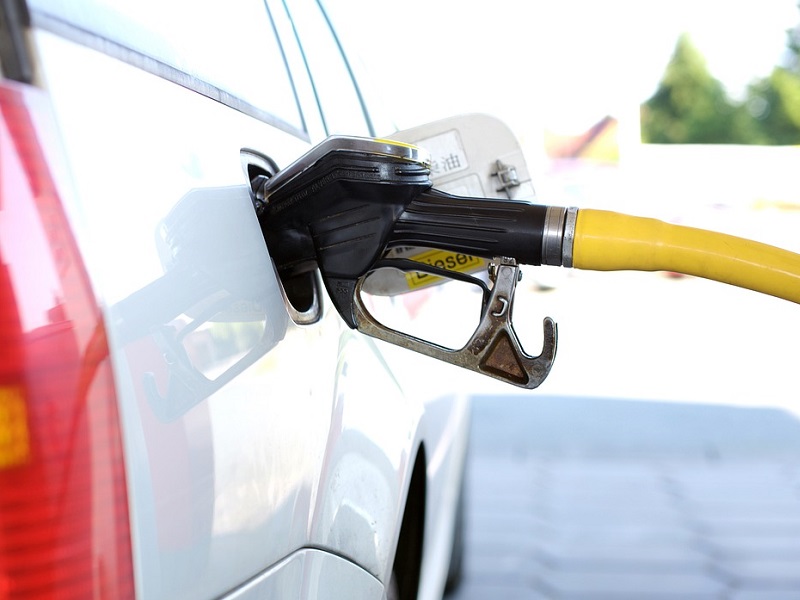Last week, the Environmental Protection Agency took a huge step backwards by weakening fuel efficiency standards. What does this mean for the electric car market?
First, this announcement will set off a new round of collecting evidence, comments, and hearings through a public stakeholder process, which will take some time and cause uncertainty for automakers and consumers.
As this long regulatory process unfolds, automakers will likely decide to not invest in and research new technologies that will increase the fuel efficiency of the cars. This means that consumers will be stuck with the current fuel efficiency that cars get for the foreseeable future. In short, consumers who aren’t choosing to drive electric will still be dependent on the pump and will continue to pay more for the gas that the cars guzzle because the fuel efficiency remains the same. This is only a win for the oil companies – not for consumers or for the environment.
For the electric car market, those automakers who see that the future is electric will still move forward with the manufacturing of new makes and models of EVs. But the rest of the automakers who are only paying lip service to EVs to comply with California and northeast state regulations will no doubt slow their research into new batteries and will hang on to their current business model of producing gas cars for as long as they can. This will frustrate consumers who want to buy EVs.
No doubt we have a big battle ahead, especially if the EPA reviews the waiver that allows California to set its own fuel efficiency standards. Automakers’ trade associations have been pushing for the softening of fuel efficiency standards, but it’s time for them to stand up for consumers, the environment, and an electric future.


